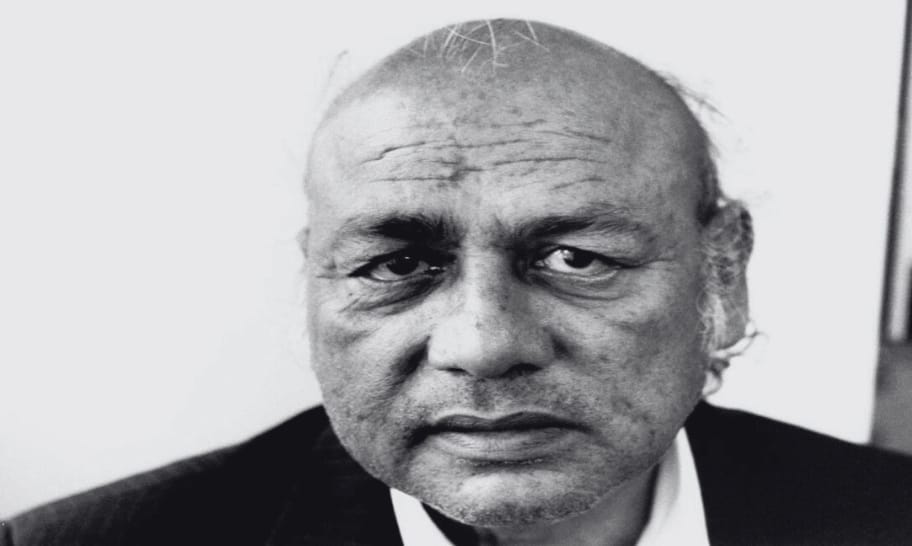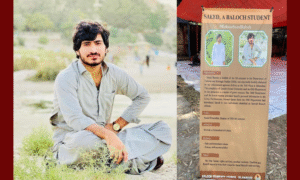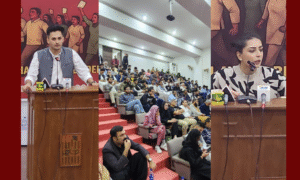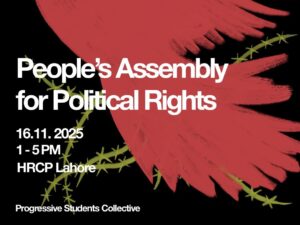Ever since I read the lines: ‘Das karoḍ ye gadhe Jin kā naam hai avaam kyā baneñge hukmarāñ tū yaqīñ’ hai ye gumāñ’ of Habib Jalib’s poem “Maiñ ne Us se Ye Kahā,” it reminded me of a donkeys a cart made of diamonds weighed down by the tons of duties imposed by noble men. And yet the donkeys who pull it every day say with pride, “At least he is feeding us grass two times a day and our tummies on Sunday’s are filled with hay”. A picture so stark and yet so familiar, it vividly reflects the plights of our people.
The cart is glorified because it represents an illusion of grandeur. The noble men have turned its diamonds into a symbol of collective pride thus convincing the donkeys that their toil is great. They call the cart “our heritage” and “our progress” feeding the illusion that its radiance somehow belongs to those who pull it. The donkeys conditioned by years of oppression accept this narrative believing the cart’s glitter is worth the burden. But the truth is that these diamonds only enrich the noble men who feast in luxury while the donkeys are left with scraps of hay.
For decades, the cart has grown heavier as the diamonds are shining only for the nobles. The donkeys have carried it and thus never asked why they should bear this burden. The noble men wave their whips, distributing scraps of hay, and the donkeys continue, believing this is their destiny. The routine of carrying the cart has been so ingrained in their lives that questioning it seems blasphemous. After all, what would happen if the cart stopped moving? Who would polish its diamonds?
The noble men feast in palaces built on the labor of the people. They claim to serve but every penny earned by the donkeys funds their luxuries. They polish the cart, add more jewels, promising it will bring prosperity, but the cart only becomes heavier. They sing lullabies of patriotism and progress, but in reality, they seek to preserve their power. The donkeys meanwhile keep braying in unison: “At least we are fed.”
This acceptance of oppression is perhaps the greatest tragedy. The people have been conditioned to believe they are powerless that their suffering is inevitable.
Our education systems, media, and political narratives have numbed the minds of the masses, turning intellectual horses into obedient donkeys.
Critical thinking has been replaced with blind allegiance and the ability to imagine a better future has been dulled by years of carrying the cart.
Breaking the cart is a revolutionary act that unchains the mind as much as the body. When the cart crumbles so does the illusion of shared pride. The donkeys are no longer beasts of burden but they transform into horses. They are free to roam around without the weight of exploitation. The act of dismantling the cart symbolizes justice, equality, and the reclamation of dignity. It shows that true progress lies not in carrying a burden but in removing it altogether allowing the diamonds to lose their oppressive glow and gain new meaning as symbols of collective empowerment.
The writer is a member of Progressive Students Collective.




